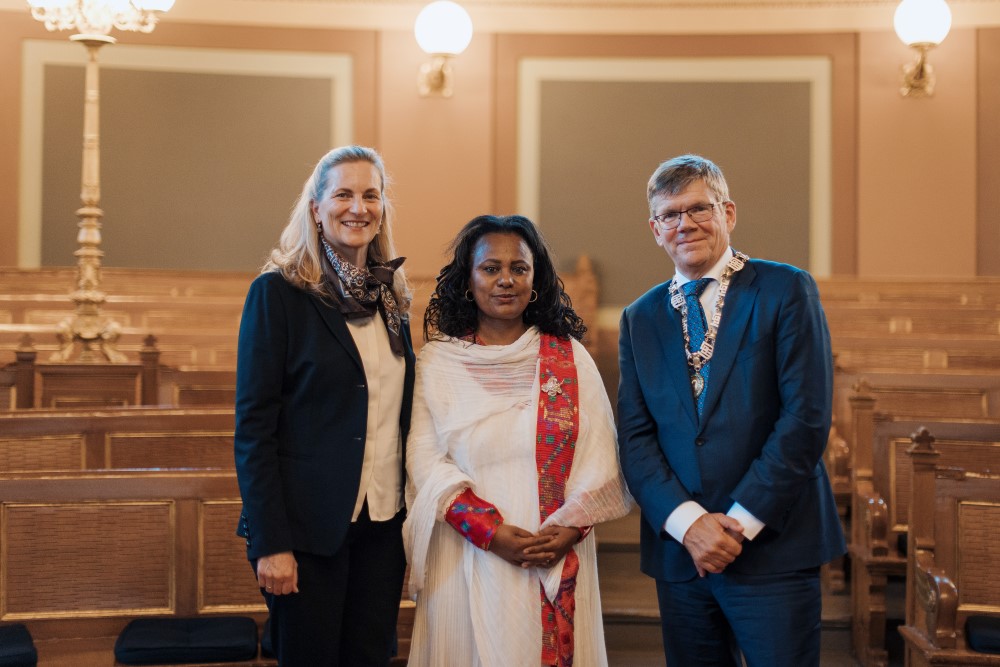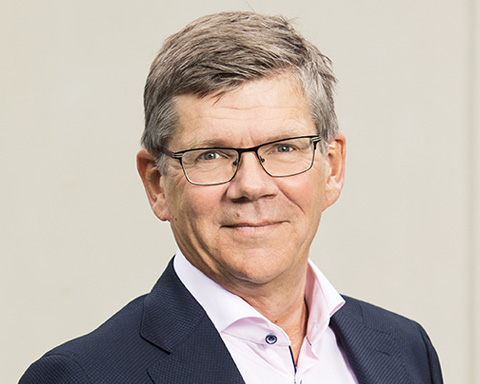It is an honour for us to include Professor Hirut Woldemariam in our academic community. She has been an important and impressive role model; she has broken glass ceilings, she has inspired and empowered, and she has worked undauntedly to promote increased gender equality in Ethiopia. Furthermore, she has been instrumental in building bridges of knowledge between Norway and Ethiopia, and between the University of Addis Ababa, and the University of Oslo.
Yesterday, Professor Woldemariam spoke about de-colonising and reforming higher education in Ethiopia: about how important it is that higher education there – as in other African countries – not at least those with a colonial past – is modeled on and informed by the indigenous nature of its people and nation.
The topic of the lecture is both important and timely. Universities relate to different contexts, cultures, and knowledge systems around the world. But we do not always value these differences.
The topic is thus not only important to Ethiopia and other countries on the huge African continent. It is a topic of importance to the global academic community and global society at large.
In an age of global connectivity, there is a growing disparity of opportunity and increasing gaps in science, technology, and innovation. In order to address these challenges, we must look closely at how universities can take part in the global knowledge systems and at the same time stay relevant to local contexts.
This understanding re-writes, to some extent, the rules of North-South research collaboration; we need to understand and redirect the institutional cooperation and simultaneously address the resource inequities that bedevil such partnerships. Such a transformation will have to build on academic values at the core of global academic communities. The AU-EU innovation agenda hopefully constitutes a turning point. A game changer according to Adam Habib of the School of Oriental and African Studies, University of London.
In an interview with our local newspaper Uniforum, Professor Woldemariam stressed that she is dedicated to increasing Ethiopian students’ abilities for critical thinking. This is so important. How do we provide individuals with the knowledge, skills, and competencies necessary to become leaders, critical thinkers, system thinkers, decision-makers, and responsible citizens who will engage in building a better and more just, and sustainable future? Important questions in Ethiopia, important questions in Norway.




